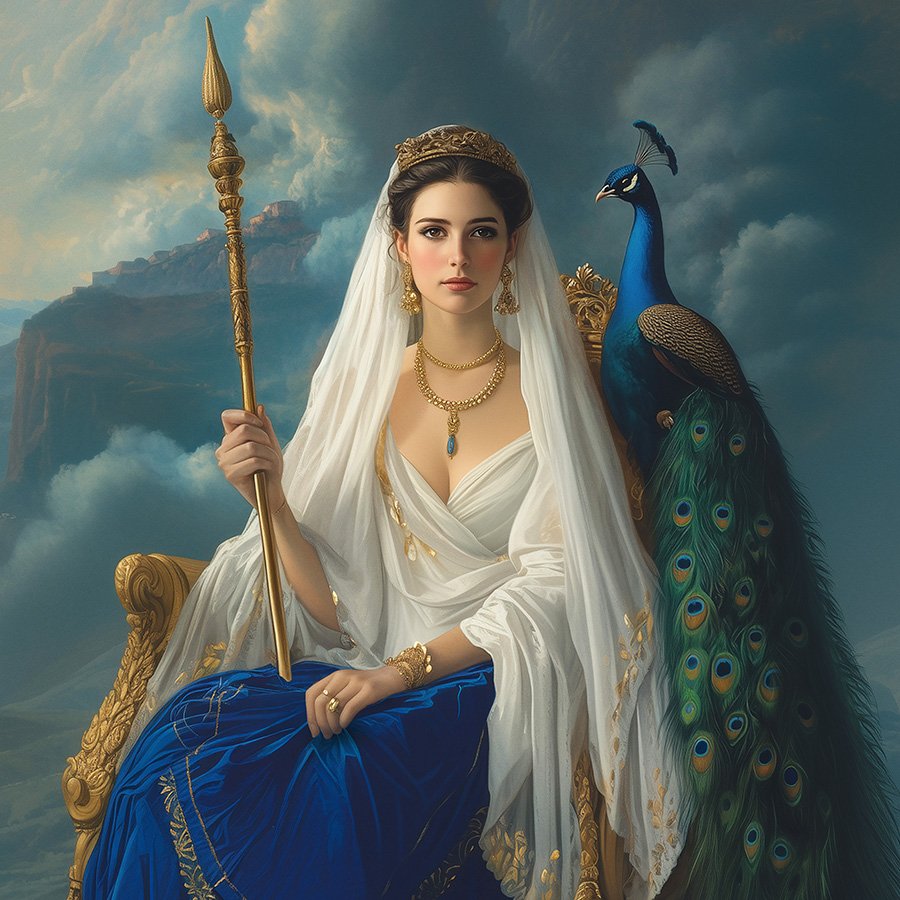Hera
Artemis, the Greek goddess of the hunt, wilderness, childbirth, and virginity, emerges as a formidable and influential figure, with origins in pre-Greek cultures of Asia Minor. As the daughter of Zeus and Leto, she is depicted as a youthful, independent huntress with a bow and arrows, a protector of wild animals, and a guardian of young girls. Her association with the moon and her role in fertility and healing underline her spiritual significance, while her influence extends to modern Pagan and feminist movements, symbolizing female strength and autonomy. Artemis's legacy endures in art, literature, and spiritual practices, reflecting her timeless appeal and enduring relevance.
Isis
As the Mid-Atlantic bids farewell to summer’s heat and humidity, a cooler breeze signals the approach of autumn—a season rich with change and renewal. This transitional time, filled with childhood memories and the anticipation of the spooky season, feels empowering and magical. It brings to mind the cycles of life and death, growth and decay, echoing the story of Isis, the Egyptian goddess of motherhood, magic, and transformation. Isis reminds us of the importance of embracing change, finding strength in adversity, and connecting deeply with the rhythms of nature and life itself. As we honor her legacy, we are reminded of the beauty that can be found in both endings and new beginnings.
Hathor
Hathor, a highly revered deity in ancient Egypt, embodied love, beauty, music, fertility, and pleasure, appealing to both women and men. Worshiped primarily in Dendera, her influence spanned from protection to afterlife care. As the wife of Horus and daughter of Ra, she symbolized maternal nurturing and divine queenship. Hathor’s legacy, including her connection to cosmetics and festivals, remains a significant part of Egyptian spiritual heritage.




